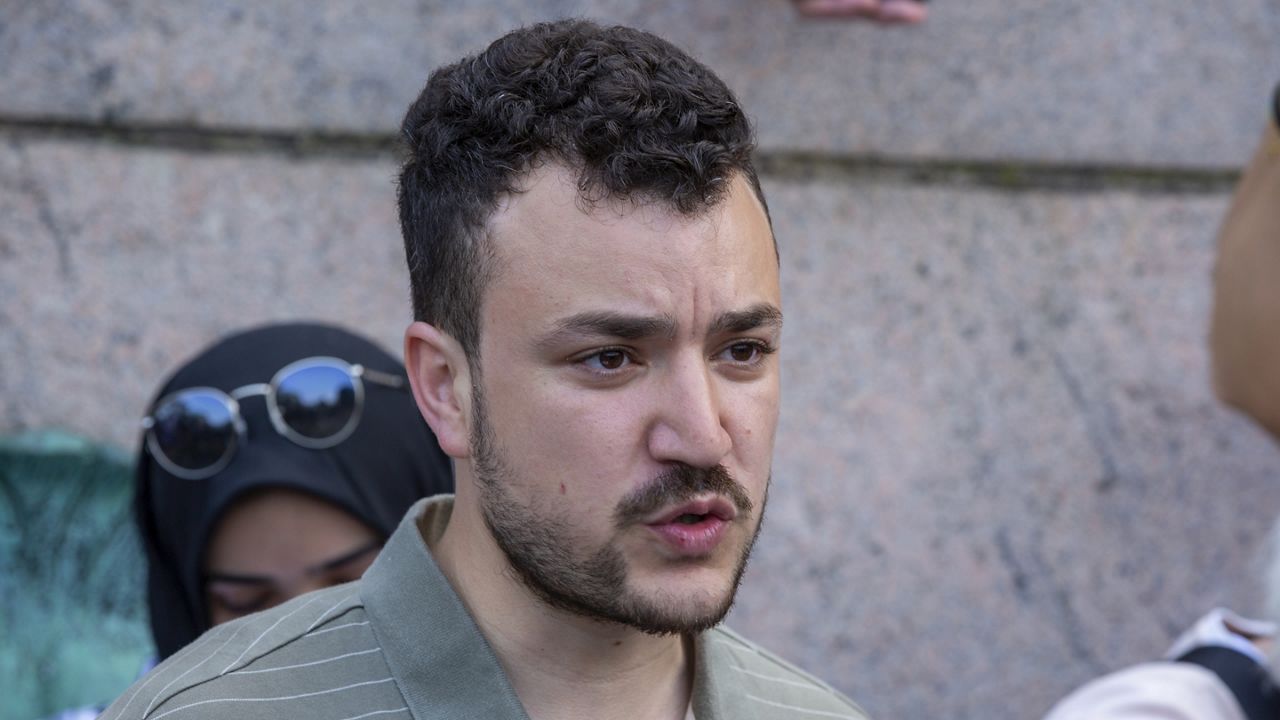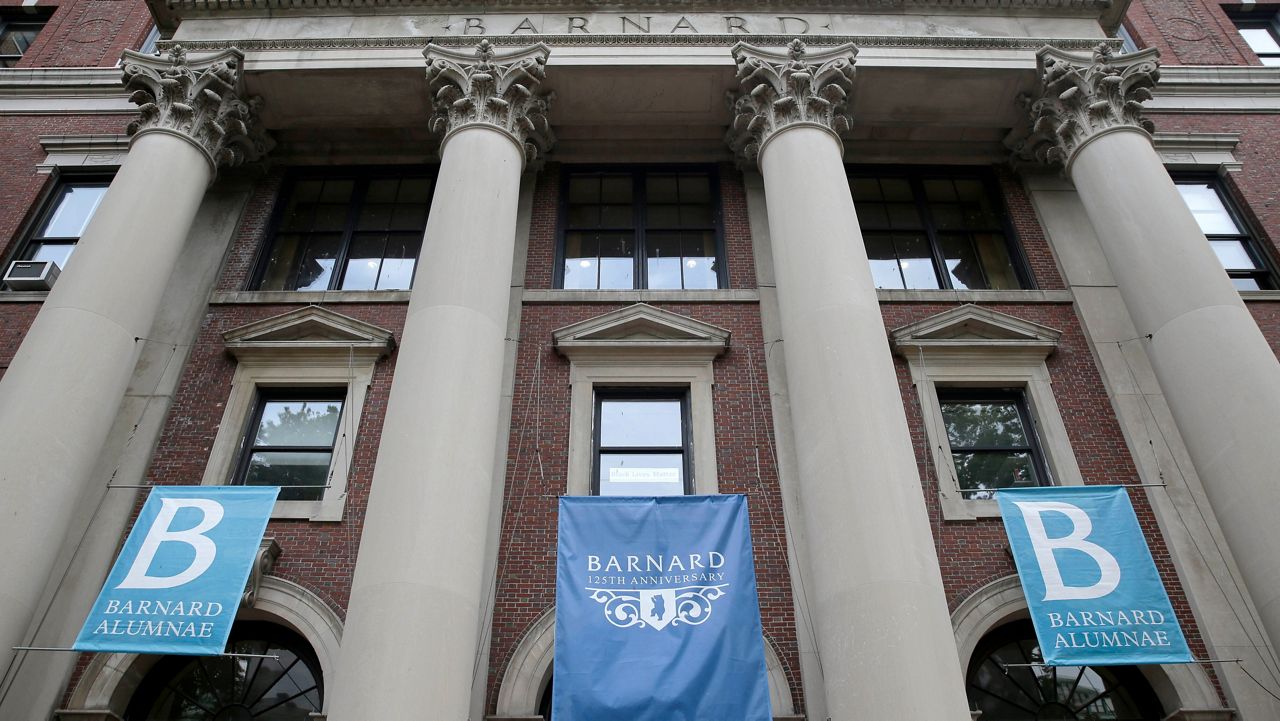Naomi Peña has spent well more than a decade fighting the city’s school system to help dyslexic students — like her own four children.
“Sixteen years ago, my oldest was diagnosed with dyslexia. And it kind of brought me down the deep rabbit hole of trying to figure out and navigate the system,” Peña said.
Now, she’s working with the Education Department to launch a pilot program in the Bronx.
“I think DOE has kind of come to the, you know, come-to-Jesus moment of realizing like what they’re doing is not working,” Peña said.
Peña’s one of the founders of the Literacy Academy Collective, or LAC.
“We’re a group of moms with 10 dyslexic kids amongst us,” she said.
This fall, the organization will train teachers and help deliver a three-period block of instruction to about thirty struggling readers at P.S. 161 in the Bronx. It’s one of two intensive pilot programs the city is launching this year and will focus on a different way of teaching reading, known as structured literacy.
“We give them the skills that they need and then they use the phonics skills that they have been taught to sound out words, and hopefully eventually acquire a big sight word vocabulary,” Freya Sakamoto, a reading specialist with the LAC, said.
That’s different from the balanced literacy approach many schools use — it may include some phonics, but also encourages students to memorize certain words without sounding them out. That doesn’t work for children with dyslexia.
All four of Peña’s children have dyslexia — but the oldest and one of her youngest have more severe dyslexia. Despite following the school system’s recommendations, her oldest child struggled through public school, becoming disengaged from his education. She was worried the same thing was beginning to happen to her youngest — so she pulled him from public school.
“My experience has showed me that they cannot support students with dyslexia,” Peña said.
The Education Department is legally required to meet the needs of students with disabilities — and if it cannot, it must pay for their needs to be met elsewhere. But for parents, the process of proving it takes knowledge, time, and money that is out of reach for many parents.
“I couldn’t have done that 16 years ago with my first son. And I — it’s one of those things that I still carry, because I wish I would have known,” Peña said. “But now that I know better, I owe it to my son to give him, as I see it, a fighting chance.”
She and other parents founded the Literacy Academy Collective to try to offer that fighting chance within public schools.
One of the co-founders, Ruth Genn, spent years working for the DOE, helping to launch new schools. Then, her son was diagnosed with dyslexia. It changed how she saw the system. She recalled working with a transfer high school, for kids who were behind on credits and involved with the court system.
“That school was full of children who had never been taught to read. It was likely full of many children who were struggling with language based learning disabilities, and were never diagnosed,” Genn said.
Mayor Eric Adams has said that was his story as a student — only being diagnosed with dyslexia in college.
Now, the city will implement universal screening for dyslexia this fall.
“I see the screeners as a really important piece of the strategy, but just a piece of the strategy,” Genn said. “The next piece is thinking about: ‘what is the array of solutions that we “to bring to the system in order to address those needs?’”
It’s a goal they hope their pilot will get the city one step closer to hitting.







_Dnt_Budget_-_PS_Cell_Phone_Ban_Clean)
_CGPK_CUNY_Student_Protest_Encampents_2025_CG_134055132_345)
